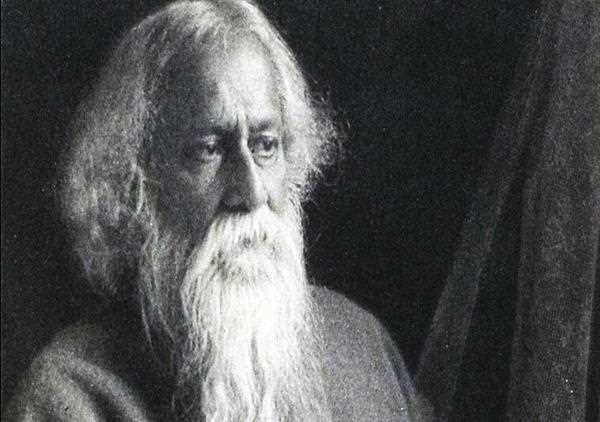Rabindranath Tagore was a popular poet, writer, and philosopher in India during the late 19th and early 20th centuries. He was also well-known and respected in many other countries, particularly in the West. However, in recent years, Tagore's popularity has waned in India, even as his reputation continues to grow abroad. Rabindranath Tagore was one of the most popular writers and thinkers of his time. He was widely read and respected in the West, but not so much in his native India.
There are a few reasons for this.
First and foremost, Tagore was a Bengali, and Bengalis have always been a minority in India. As such, his work was not always easily accessible to the majority of Indians, who speak other languages. Furthermore, Tagore wrote primarily in Bengali, which further limited his audience.
Additionally, Tagore's work was often critical of Indian society, which made him unpopular with many in his homeland. His views on religion, caste, and gender were particularly controversial, and his support for independence from British rule rankled many Indians who were loyal to the Crown.
Finally, Tagore's work was often seen as overly intellectual and elitist, out of touch with the lives of ordinary Indians. His poems and stories were sometimes difficult to understand, and his ideas about art and literature were considered too radical for many in India.

Tagore was born in Calcutta in 1861. His father was a wealthy landowner and his mother was a devoted follower of the Hindu philosopher Ramakrishna. Tagore was educated at home and then sent to England to study law. But he soon turned to writing and began publishing poems and stories.
In 1901, Tagore went to Santi Niketan, a small town in Bengal. There he founded an experimental school where students were taught in both Bengali and English. The school was very successful, and its graduates went on to become leading figures in Indian society.
In 1912, Tagore wrote a book called “Gitanjali”, which means 'song offerings.' The book was very popular in the West, and it won him the Nobel Prize for Literature in 1913.
However, Gitanjali was not well received in India. Many Indians thought that Tagore was trying to westernize their country. They also felt that his ideas were too radical for Indian society. Tagore continued to write and speak out against social injustice. He was an outspoken critic of British rule in India. He also spoke out against the caste system and the treatment of women.
In spite of all this, Tagore remained popular in the West. He was invited to speak at universities and colleges, and his books were widely read. However, in India his popularity was waning.
Despite all of these factors, Tagore remains one of the most popular and respected authors in the world. His work has been translated into many languages, and his ideas continue to influence writers and thinkers around the globe. In India, however, his work is largely unknown, and his name is seldom mentioned in the country's literary circles.